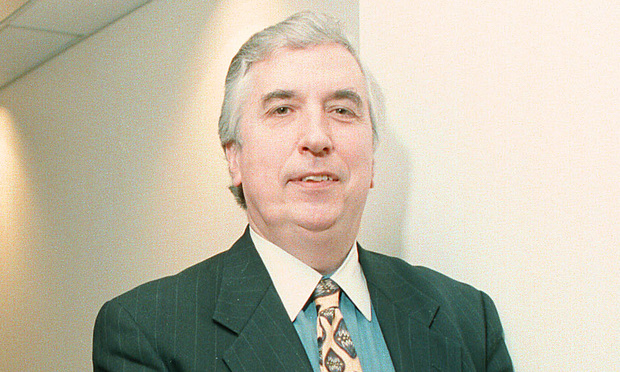Since the Volkswagen story first broke in September 2015, most observers have just scratched their heads and muttered to themselves in amazement: “What were they thinking? How could you place ‘defeat devices’ in 11 million cars worldwide and expect that you were going to escape detection for long?” There is, however, an answer to this question—one that says much about what is wrong with current priorities and practices for the enforcement of white-collar crime. This column begins with an assessment of the Volkswagen case and then turns to an analysis of white-collar crime strategies. Finally, it proposes remedies that criminal and civil enforcers could utilize to break down the culture of silence that surrounds many large organizations (and especially foreign corporations that often view U.S. regulators with deep suspicion).
The Volkswagen Story
The first (and simpler) point to make about Volkswagen is that the stakes involved were enormous for it, enough to justify taking a huge risk. Volkswagen had bet its future on “clean diesel” (whereas other automakers had largely bet on hybrid or electric models to gradually replace gasoline). As events began to unfold, Volkswagen learned to its horror that the California Air Resources Board (CARB), and, later, the Environmental Protection Administration (EPA) were about to impose standards with which Volkswagen did not believe it could comply without sacrificing performance and much of its competitive advantage.



